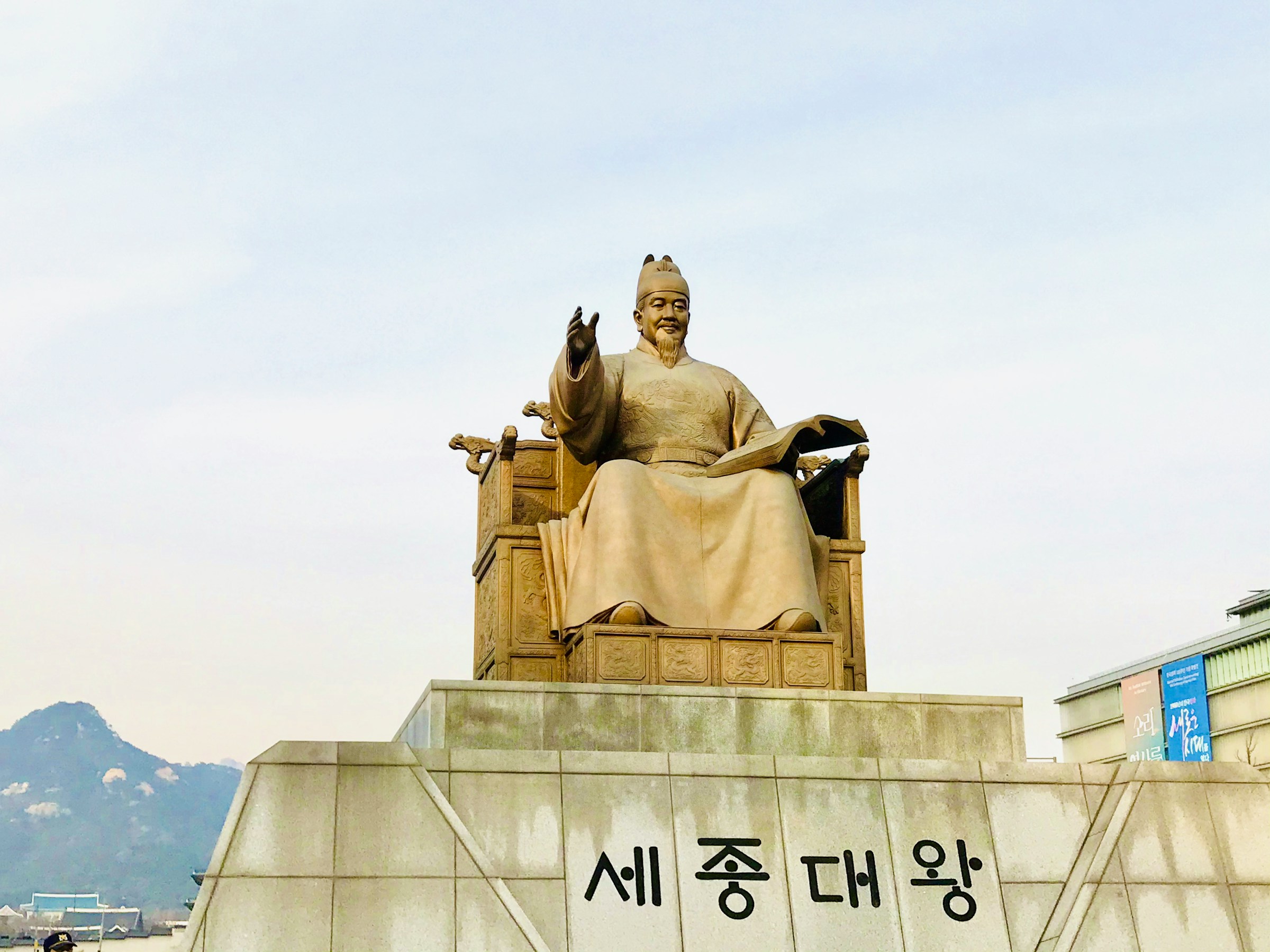South Korea finds itself at the centre of political and social turbulence as allegations surrounding a potential martial law conspiracy under former President Moon Jae-in’s administration come to light. The controversy has sparked widespread debate over the nation’s democratic principles and governance. The allegations suggest that during the height of protests in 2017 against then-President Park Geun-hye, senior officials in Moon’s administration considered imposing martial law to quell civil unrest. This claim has fuelled political tension, with opposition parties demanding a thorough investigation and accountability from those involved.
The issue has also reignited public discussions about the balance of power between the government and military, as well as the need for transparency in decision-making during times of national crisis. Critics argue that even contemplating martial law reflects a disregard for democratic values and undermines public trust in leadership.
In response to the growing backlash, South Korean authorities have initiated a probe to uncover the truth behind these claims. The investigation seeks to determine whether there was a formal plan to implement martial law and who within the administration might have supported such measures.
Public reactions have been mixed, with some expressing outrage over the possibility of democratic erosion, while others emphasise the importance of due process in determining the facts. The revelations have further polarised South Korea’s political landscape, with opponents of Moon’s administration calling for stricter oversight of executive powers.
The controversy comes at a critical juncture for South Korea, as it faces pressing issues such as economic challenges and regional security concerns. Observers note that the outcome of this investigation could have far-reaching implications for the country’s political stability and institutional credibility. As the nation watches developments unfold, the debate over martial law allegations underscores the ongoing struggle to safeguard democratic norms and uphold accountability in governance. South Korea’s ability to navigate this crisis will likely shape its political trajectory in the years to come.


